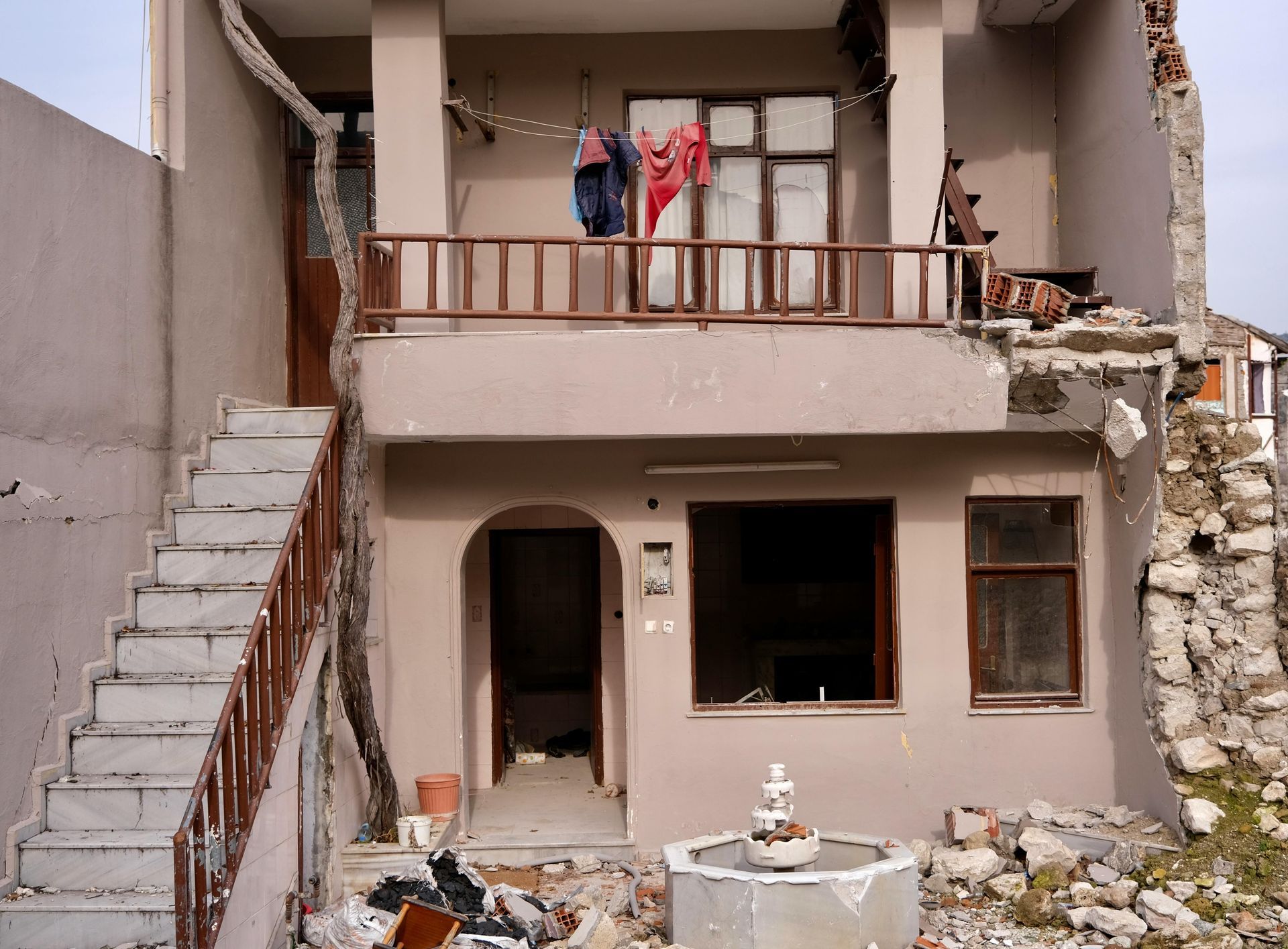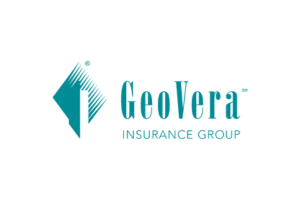Condo Insurance: What You Need to Know for Complete Protection
New Title

f you’re a condo owner, you’ve likely heard about condo insurance, or HO-6 insurance. Condo insurance is tailored to protect condo owners from potential financial losses caused by various risks. Whether you’re living in your condo full-time or using it as an investment property, understanding how condo insurance works can help you make informed decisions to safeguard your assets.
At Insurance Alliance LLC, we aim to help condo owners navigate the insurance landscape to ensure comprehensive coverage. Below, we break down the essentials of condo insurance, including what it covers, why it's necessary, and how to find the right policy.
1. What is Condo Insurance (HO-6 Insurance)?
Condo insurance, known as an HO-6 policy, is designed specifically for condominium units. Unlike homeowners insurance that covers the entire property, condo insurance focuses on the interior of your unit and your personal property. This type of policy is essential because your condominium association's master policy may only cover the building’s structure, common areas, and liability for incidents occurring outside individual units.
A condo insurance policy protects:
- Interior fixtures and finishes (such as cabinets, countertops, and flooring)
- Personal belongings (furniture, electronics, clothing, etc.)
- Personal liability (for incidents or injuries within your unit)
- Additional living expenses (if your unit becomes uninhabitable due to a covered event)
The coverage provided can vary significantly based on your specific condo association's policy, so it's essential to understand the scope of your association's master policy and where gaps in coverage might exist.
2. Why Condo Insurance is Important
While condo associations typically have insurance covering the structure and shared spaces, these policies usually don’t protect the interiors of individual units or personal belongings. Here are some key reasons to consider purchasing condo insurance:
- Protection for Personal Property: Condo insurance covers your personal belongings against events like fire, theft, or vandalism, providing financial assistance to repair or replace items.
- Liability Coverage: If a guest gets injured inside your condo, or if you accidentally cause damage to another unit, condo insurance can cover liability claims and legal fees.
- Building Property Coverage: This is a critical addition, as it protects upgrades you've made within your unit, including fixtures and other elements that may not be covered by the master policy.
- Coverage for Additional Living Expenses: If your condo is damaged by a covered event, condo insurance helps with temporary living expenses, such as hotel stays or meals.
3. Understanding Your Association’s Master Policy
Before purchasing condo insurance, it's crucial to review your condo association’s master policy. The master policy can vary in coverage, but they generally fall into three main types:
- Bare Walls Coverage: This policy covers the structure, framing, and common areas but leaves the interior finishes, such as walls, flooring, and personal property, to individual condo owners.
- Single Entity Coverage: This policy covers some of the interior elements of a condo unit, like fixtures, but does not include personal belongings. This coverage type may not protect recent renovations or upgrades.
- All-Inclusive (All-In) Coverage: This offers the most comprehensive protection, covering both structural elements and finishes inside each unit, but typically still excludes personal property.
Understanding the master policy will help determine what additional condo insurance coverage you may need. At Insurance Alliance LLC, we can assist you in interpreting your association’s policy to identify any coverage gaps and ensure you’re fully protected.
4. What Does Condo Insurance Cover?
While coverage details vary, a standard condo insurance policy typically includes the following components:
a. Dwelling Coverage
This covers the interior of your unit, including walls, ceilings, and floors, as well as attached fixtures like built-in shelves and countertops. If a disaster like a fire damages your condo’s interior, dwelling coverage will help pay for repairs.
b. Personal Property Coverage
This part of your policy helps repair or replace personal items, such as furniture, electronics, clothing, and appliances, if they’re damaged or stolen. It’s essential to ensure your coverage limits match the value of your belongings.
c. Liability Coverage
If someone is injured within your unit, or if you accidentally damage someone else’s property, liability coverage can cover medical bills, legal fees, and settlement costs. This coverage protects you from potentially costly claims or lawsuits.
d. Loss of Use Coverage
Also known as additional living expenses (ALE), this coverage provides financial assistance if you’re temporarily displaced due to a covered event. It can help pay for hotel accommodations, meals, and other living expenses.
e. Loss Assessment Coverage
This covers any extra costs that your condo association may pass onto unit owners if a major incident, such as a large-scale repair or liability claim, exceeds the master policy’s coverage. This type of coverage can be valuable, as assessments can be financially burdensome without warning.
5. Additional Coverage Options
Depending on your condo’s location and your individual circumstances, there are several additional coverage options to consider:
- Flood Insurance: If your condo is in a flood-prone area, separate flood insurance is advisable since standard condo policies don’t cover flood damage.
- Earthquake Insurance: In regions with seismic activity, earthquake coverage may be essential to protect against related damage.
- Replacement Cost vs. Actual Cash Value: With replacement cost coverage, your insurance reimburses you for the cost of replacing damaged items with new ones. Actual cash value considers depreciation, which could reduce your payout significantly.
6. How to Choose the Right Condo Insurance Policy
Choosing the right condo insurance policy involves evaluating your association’s coverage, assessing your personal belongings, and determining the risks unique to your situation. Here are some steps to guide you:
- Review Your Condo Association’s Master Policy: Identify what’s covered by the master policy and where you may need additional protection.
- Determine Your Personal Property Value: Calculate the approximate value of your personal belongings to set appropriate coverage limits.
- Evaluate Your Risk: Consider risks unique to your condo’s location (e.g., proximity to water or earthquake zones) to determine if additional coverage is necessary.
- Compare Policy Quotes: At Insurance Alliance LLC, we provide quotes from various top-rated insurers, ensuring you get competitive rates and comprehensive protection.
7. Tips for Lowering Condo Insurance Premiums
Condo insurance is essential, but there are ways to minimize costs while maintaining good coverage:
- Bundle Policies: Many insurers offer discounts if you bundle condo insurance with other policies, such as auto or life insurance.
- Install Security Features: Adding safety features like smoke detectors, burglar alarms, and deadbolts may qualify you for discounts.
- Raise Your Deductible: A higher deductible can lower your premium, but be sure you can afford to pay it in case of a claim.
- Annual Policy Review: Regularly reviewing your policy with Insurance Alliance LLC ensures it remains aligned with your needs and helps you identify cost-saving opportunities.
8. How Insurance Alliance LLC Can Help
As a leading provider of condo insurance, Insurance Alliance LLC works closely with clients to find policies tailored to their unique needs. Our team can help you:
- Understand your condo association’s master policy
- Assess the value of your belongings and necessary coverage levels
- Explore additional coverage options
- Compare quotes to find the best rates and coverage for your condo
Conclusion
Condo insurance is an essential part of homeownership for condo dwellers. By understanding the scope of your coverage needs, you can enjoy your condo with peace of mind knowing that you’re protected against unexpected losses. At Insurance Alliance LLC, we’re dedicated to helping condo owners find comprehensive, affordable condo insurance policies that fit their lifestyles.
For personalized condo insurance options, contact Insurance Alliance LLC today to protect your condo and everything that makes it home.











